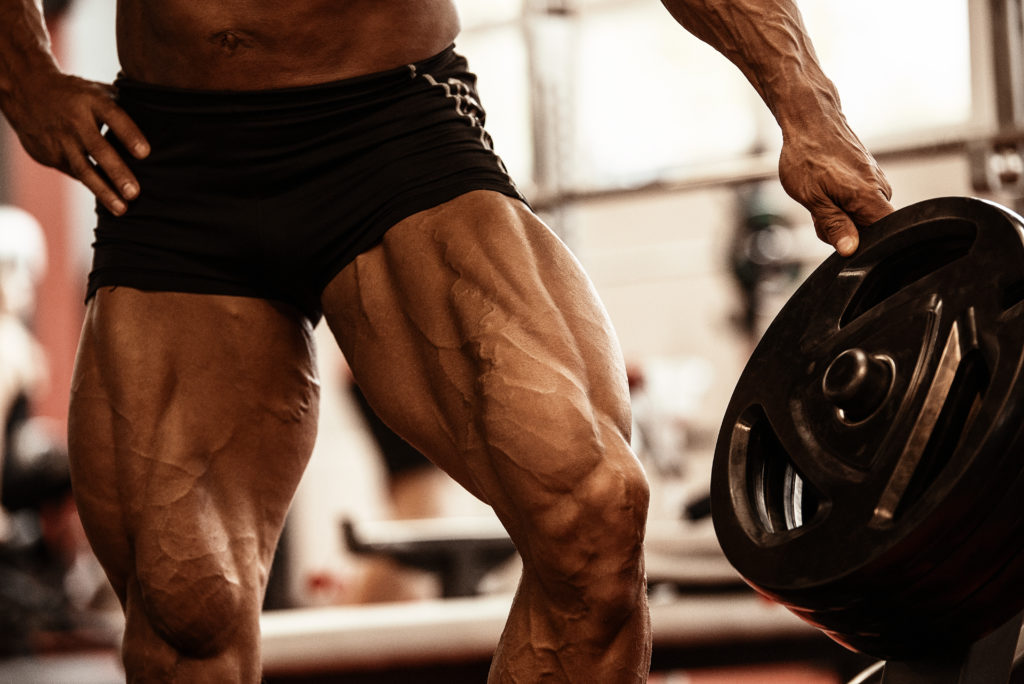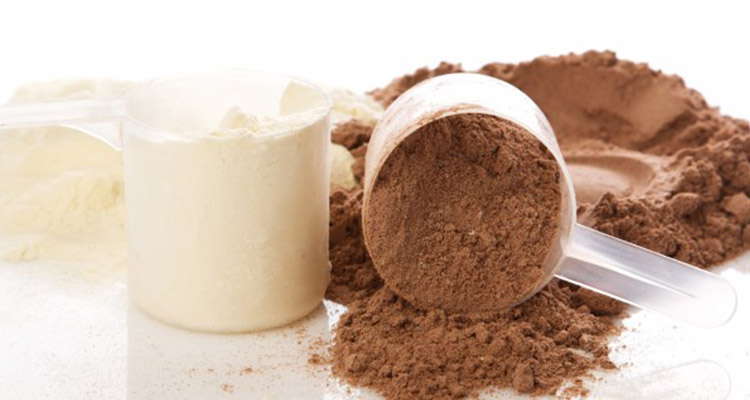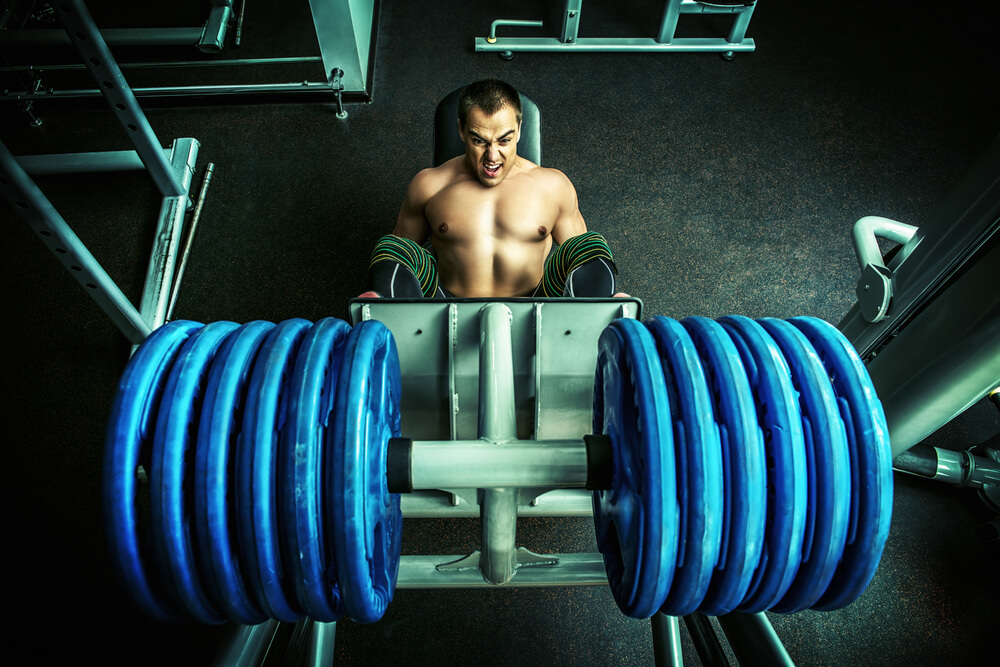Bodybuilders are known for their strict approach to nutrition, which is more than a mere diet plan. Serious competitors track and measure everything religiously, from foods eaten and calories counted to portion size and meal frequency. A bodybuilding diet is focused on clean eating, and it incorporates the entire food preparation process as well as the constant calorie and macronutrient tracking. Although individual details will differ, the nutrition plans of the majority of elite-level competitors typically follow a basic pattern.
Should you try this kind of diet to support your training goals? Let’s take a look at the pros and cons to see if you should be eating like a bodybuilder.
A Bodybuilding Diet: The Pros
1. You Take a Regimented Approach to Your Goals
Bodybuilders believe that the regimented nature of their diet is necessary if they want to win. For professional competitors, it’s how they earn their living, and maintaining a strict training and nutritional program for extended periods is the best way to ensure success. Bodybuilders are no different from the professional players in your favorite sport. They follow a strict diet plan in order to perform optimally on game day. Adopting a regimented diet can help you reach your fitness goals.
2. You’re in Control
It is easy to hit your macronutrient targets when you’re eating clean and portioning out every meal. You have full control over the protein, carbohydrates, and fats that go into your body, mostly because you are preparing it yourself. There are no “hidden” calories, fat, or sugar, so you can be sure every bite you take is fueling your success.
 ://www.bodybuilding.com/images/2020/september/the-pros-and-cons-of-a-bodybuilding-diet-1-700xh.jpg”/>
://www.bodybuilding.com/images/2020/september/the-pros-and-cons-of-a-bodybuilding-diet-1-700xh.jpg”/>
3. You Eat Frequently
Another crucial aspect of the traditional bodybuilding diet is meal frequency. Bodybuilders typically eat every 3-4 hours, and that’s a good general schedule to help you advance toward your goals. For instance, protein is not stored for long in the body in the same way that carbohydrates and fats are. Muscle protein synthesis needs resetting every 4-4.5 hours, so frequent feeds help keep the process going.
A Bodybuilding Diet: The Cons
1. It’s Difficult to Have a Social Life
Physical health is only one aspect of your overall well-being, and it’s essential to stay social for your mental health. It isn’t necessary to keep track of your calories and macros religiously every single day. That said, it can be useful to track your meals for an initial two-week period, as this is roughly how long it takes to develop a habit. You should then be able to recall protein sources, portion sizes, and meal timing without needing to refer to a tracker. If you visit a restaurant with a set of scales in hand, prepare to eat alone in the future!
2. There’s Little Flexibility
A diet will only work if you follow it. So, if you stick to a diet and obey its principles to a tee, you will likely achieve results. That often becomes complicated in the face of overly aggressive, unattainable diets, however. A bodybuilding diet is often referred to derogatively as the “chicken, broccoli, and brown rice approach” by critics. It’s boring and bland, and not enjoying their food is a key reason why so many people fall off the diet wagon. Bottom line: A plain, bland diet is less likely to yield results.
 ://www.bodybuilding.com/images/2020/september/the-pros-and-cons-of-a-bodybuilding-diet-2-700xh.jpg”/>
://www.bodybuilding.com/images/2020/september/the-pros-and-cons-of-a-bodybuilding-diet-2-700xh.jpg”/>
3. You Don’t Get Much Nutritional Variety
On the surface, a clean bodybuilding diet may appear to have all the micronutrients your body needs, but while a plate of chicken, brown rice, and broccoli is fine as a single meal, if that’s all you’re eating, you’re missing out on some hugely important nutrients. The solution is to alternate your protein sources. For example, turkey is the protein highest in leucine, and quinoa, as a carb source, is the only plant-based food that has a full profile of essential amino acids. Broccoli is a fantastic vegetable, but adding spinach gives you much-needed iron, folic acid, and niacin for enhanced energy production.
Is a Bodybuilding Diet Right for You?
Whether you should adopt a bodybuilding-style eating plan comes down to your individual situation. If you’re a competitive bodybuilder, the need to measure and weigh food is much greater than if you’re just a casual trainer. If you aren’t going to be standing onstage anytime soon, you just need a diet plan that you can adhere to. Counting every calorie is unlikely to work in this regard, so you should focus instead on nutrient-dense whole foods and capitalize on variety to keep things interesting and your sanity sustainable. Using spices and homemade sauces and alternating protein sources are healthy ways to keep your meals tasty.
Gym2k.com Articles






Leave a Reply
You must be logged in to post a comment.